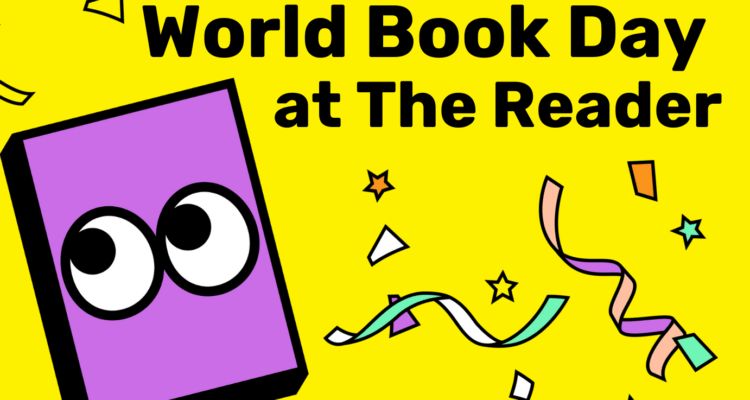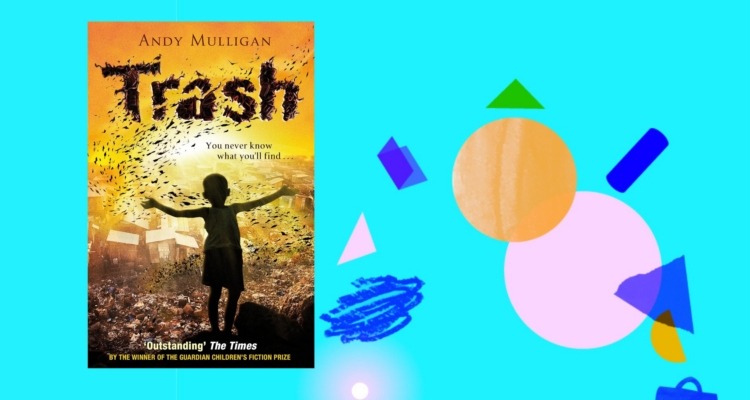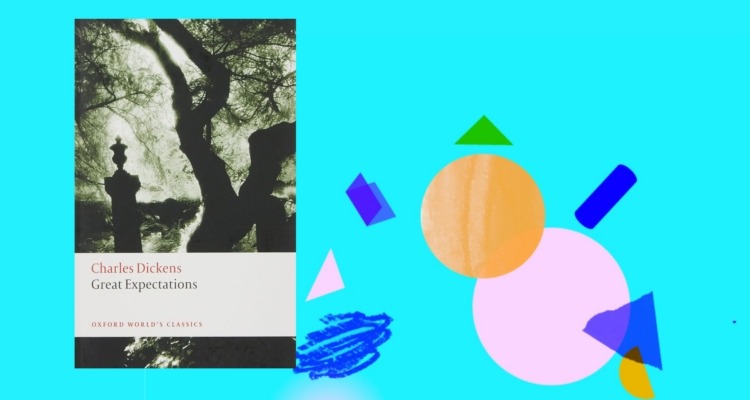Alternative Worlds
Reader volunteer Emily Dixon reflects on what she gets from reading
For me, one of the greatest pleasures of reading comes from being able to share my thoughts and feelings about a novel with those around me. Though it doesn’t generally stop me talking if my audience isn’t interested (I’m always hopeful of converting a non-reader to the magical world of books – at least, that’s my excuse!), I’m especially delighted when my chosen subject has either read the book and wants to discuss it, or is inspired to go on to read and (hopefully) enjoy it.
Of course, this enthusiasm is also generated when the roles are reversed and people recommend novels to me. So I was especially pleased to receive a big bag of books from my mum a few months ago, and then again at Christmas. (Second-hand bookshops are doing well out of the Dixons at the moment!) During my MA year I’d always felt slightly guilty for picking up a novel that was non-Victorian, a little as though if I was going to ‘waste’ all that time reading, I should at least be choosing something relevant to my area of work. So, it became common practice for my mum to tell me about an amazing book she’d read/was reading/had heard about and for me to hope she’d remember the title so I could catch up later.
Upon finishing my MA I couldn’t wait to get started on my ‘to read’ list, but when it came to it, I seemed to have lost the passion for all things contemporary, whilst anything Victorian felt too heavy, too much like work for my tired brain. For a while, I stopped reading in any meaningful sense of the word, starting a variety of books but never getting more than a few chapters in and never experiencing that almost overwhelming need to keep on reading a book that you’ve got so caught up in you can’t concentrate on anything else.
It was only when my mum lent me Kazuo Ishiguro’s Never Let Me Go and Alexander Masters’ Stuart: A Life Backwards that I was again able to escape into that alternative world that good books create. Not specifically the world of the story – Masters’ tale is all too real – but the world of reading itself, the world where, for a while at least, only the words on the page seem important. For me, the escapism part of reading belongs to the act itself; the images that this act creates are not simply an alternative reality in which to get lost, but importantly form a world that, though separate, belongs to our own, and reflects back onto it. This is a world that can be powerful enough to make us think about ourselves as individuals, affecting our emotions, but in doing so, also making us question the feelings themselves, where they have come from, and to whom they (should) belong.
To finish with, here are some of my mum’s other recommendations (old books and new). I’m sure you won’t be disappointed – I wasn’t!
Pincher Martin by William Golding, Felicia’s Journey by William Trevor, Gilead by Marilynne Robinson, The Diving-Bell and The Butterfly by Jean-Dominique Bauby, The Story of Lucy Gault by William Trevor, Blue Diary by Alice Hoffman, Anil’s Ghost by Michael Ondaatje, Case Histories by Kate Atkinson.
By Emily Dixon
Powered by Qumana
Share
Related Articles

World Book Day® and The Reader celebrate the fun of reading
National reading charity World Book Day is partnering with Shared Reading charity The Reader for a fun-filled day in…

February’s Title Pick for Children: Trash by Andy Mulligan
Through our Bookshelf this year we are exploring the different places that people call home. From the very beginning…

February’s Title Pick for Adults: Great Expectations by Charles Dickens
Great Expectations by Charles Dickens The Reader’s staff and volunteers have been leading Shared Reading groups in many different…


